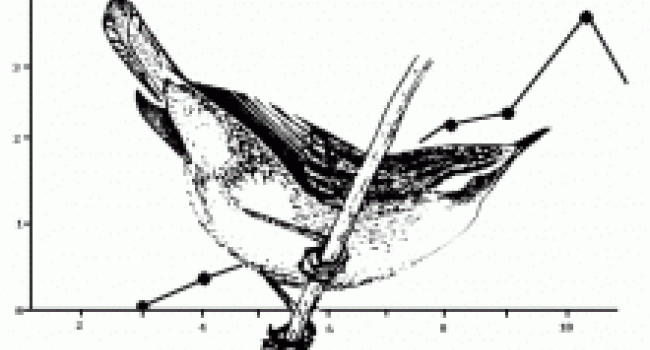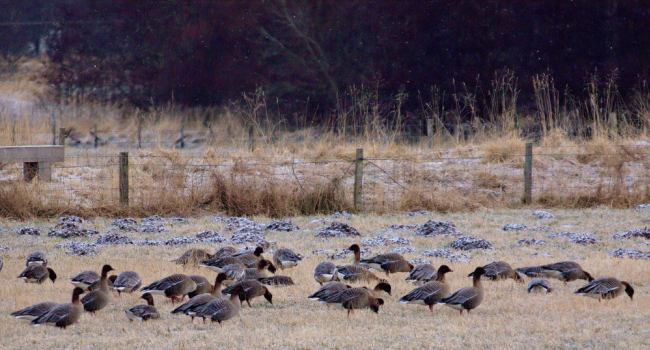Understanding population change: the value of the EuroCES constant-effort ringing programme

Author(s): Robinson, R.A.
Published: February 2024
Journal: Ringing & Migration Volume: 38
Digital Identifier No. (DOI): 10.1080/03078698.2024.2311771
Abstract
Populations of many common bird species are declining in Europe and effective conservation measures require an understanding of both the environmental and demographic causes of these changes. Capture–mark–recapture analysis of data from standardised ringing sites allows estimation of key demographic parameters, including productivity, survival and population age structure. Volunteers in countries across Europe undertake standardised mist-netting of passerines during the breeding season, from which estimates of these can be derived at large, national spatial scales. The Euring EuroCES programme collates these data in a common format to facilitate the continent-wide analysis of bird population dynamics. Here, I outline the broad characteristics of Constant Effort Site (CES) ringing, and introduce an R package cesr that provides tools to read in and manipulate these data and to produce annual indices of abundance, productivity and survival, for monitoring purposes. These data have been used to identify how climatic and environmental change can affect bird populations, particularly of migratory species, at national and continental scales. I then provide some suggestions for how the programme might further be expanded and integrated with other data sets to provide evidence for the drivers of bird population change and hence benefit informed conservation management.
Staff Author(s)







Share this page